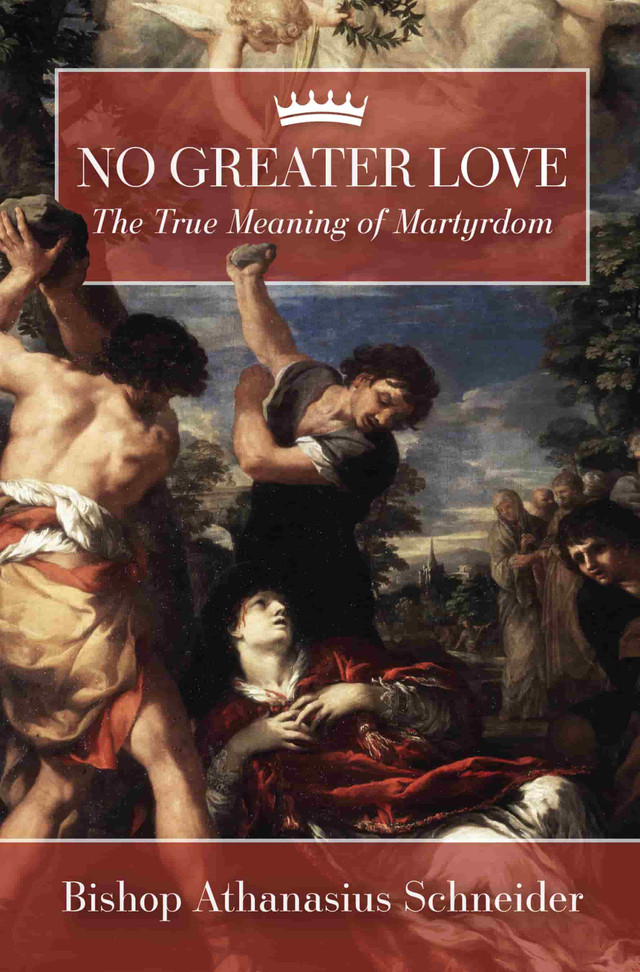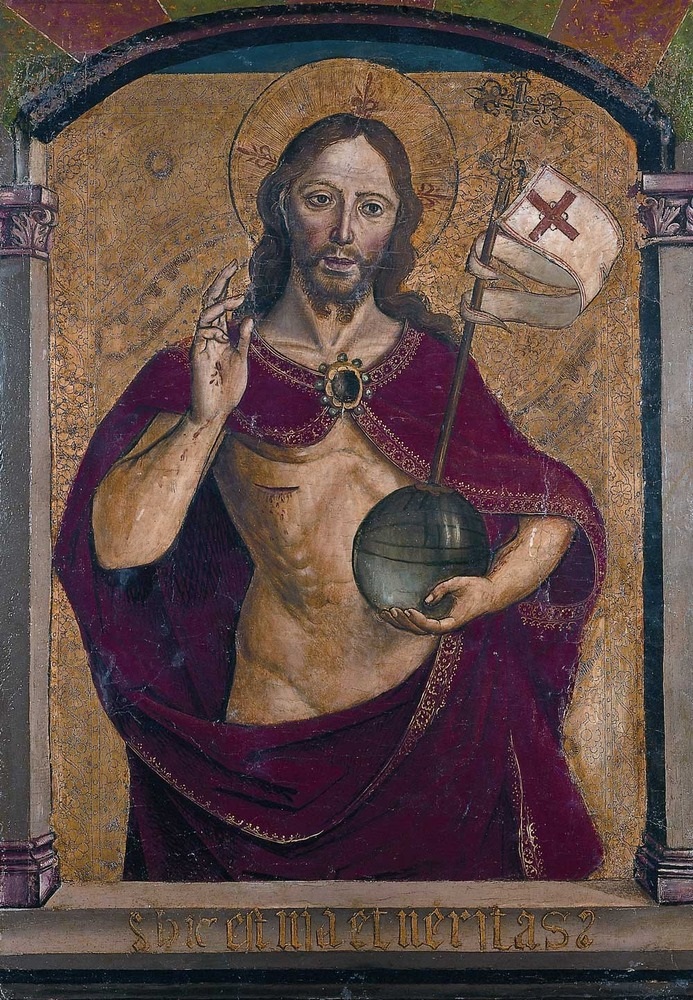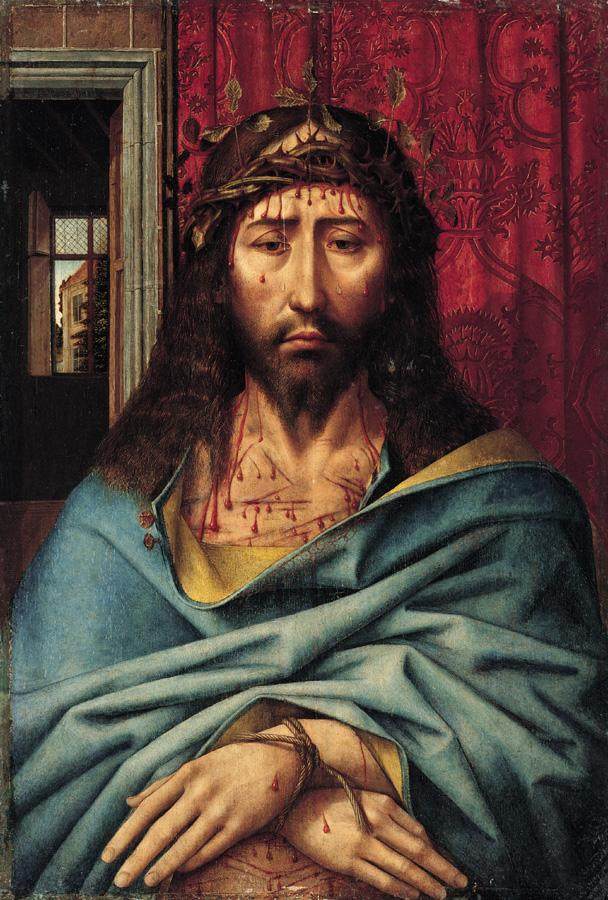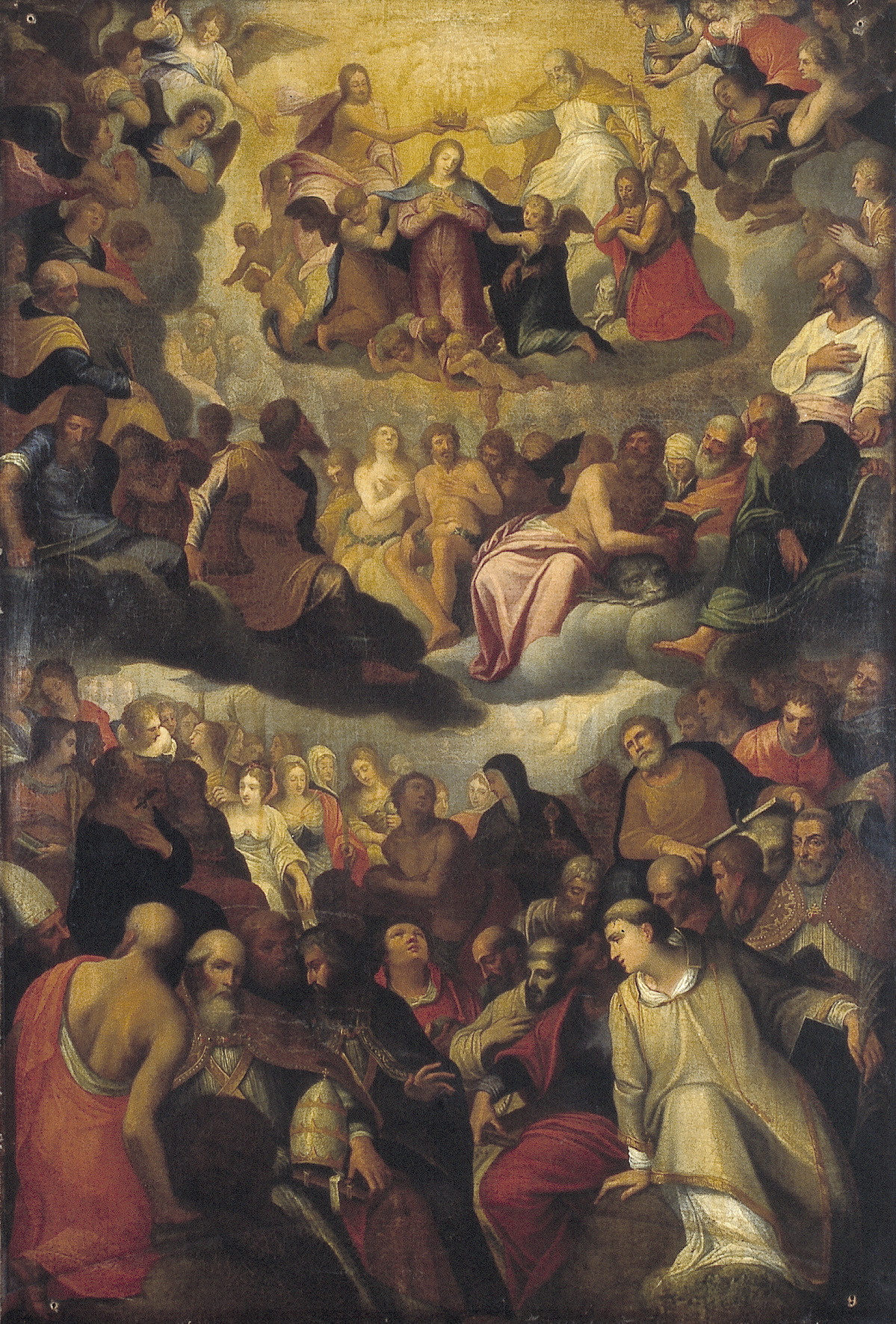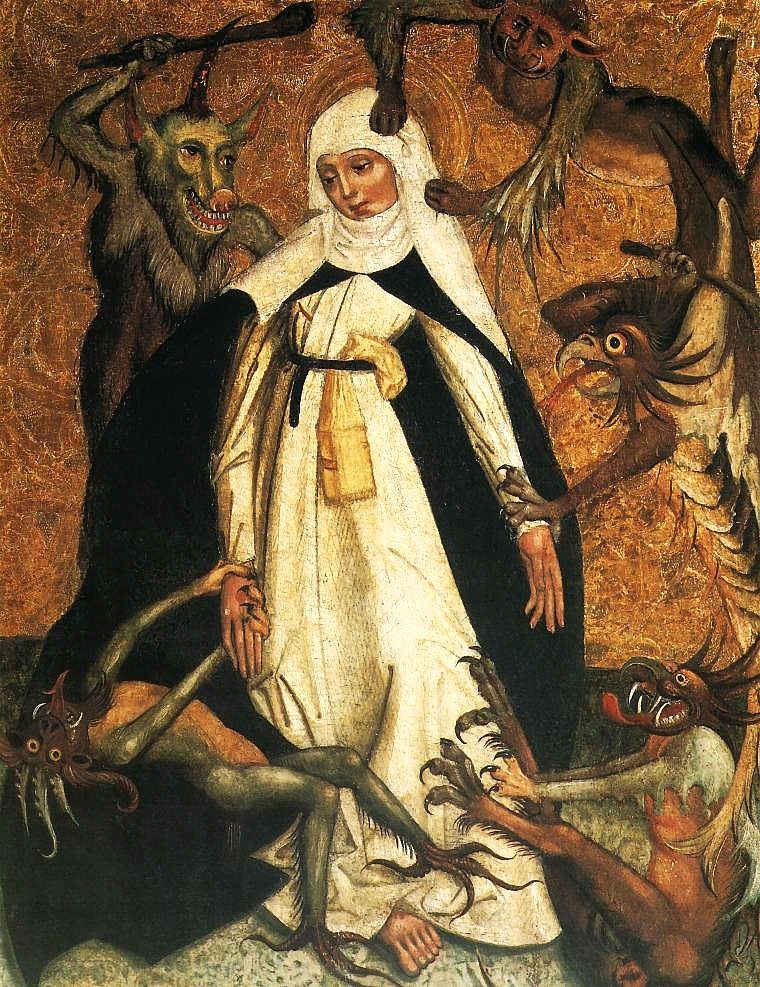This excerpt from No Greater Love honors St. Stephen as Christianity’s first martyr, whose forgiveness of his persecutors became the seed of St. Paul’s conversion. Drawing on St. Augustine and St. Fulgentius, it presents Stephen as the perfect imitator of Christ—armed not with vengeance but with divine love. His steadfast charity, both to God and to his enemies, reveals the triumph of love that raises the soul from earth to heaven.
St. Stephen is venerated as the protomartyr, or first martyr, of Christianity. He was one of the first seven deacons whom the apostles ordained (see Acts 6:5–6). St. Stephen is not only a martyr; he is one of the most striking personages of the apostolic age, so much so that, as the Greek Church gives him the title of apostle, so the Traditional Roman Liturgy places him in the category of the prophets, wise men, and scribes whose cruel fate is described in the Gospel of his feast (see Matt. 23:34–39). St. Stephen prayed to God to forgive his murderers.
The Prayer of Stephen and the Conversion of Paul
The prayer of Stephen was heard, and its wondrous answer was Paul. The piety of the early Pontiffs led them to emphasize this connection between the protomartyr and the Apostle by building, about the sixth century, beside the tomb of St. Paul in the Via Ostiensis, a notable oratory, with a monastery attached to it, in honour of St. Stephen. In an age of such enfeebled energy, of so many compromises with conscience, of such regard for human respect and opinion, what an example of Christian fortitude is given us by Stephen when, confronting the Sanhedrim, he declares to the Jewish people the most unpalatable truths. (Ildefonso Schuster, Sacramentary (Liber Sacramentorum): Historical and Liturgical Notes on the Roman Missal [London: 1924], p. 381)
St. Augustine on Stephen as the Imitator of Christ
St. Augustine presents St. Stephen as the first imitator of the example of Christ:
Christ, the Head of Martyrs, also suffered for us, leaving us an example, that you should follow his steps. And the steps of the Passion of this same Head of Martyrs did blessed Stephen follow close, in that he was stoned by the Jews for his confession of Christ, and thereby gained the crown which pertained to him in virtue of his name. For in the Greek language the word Stephen does signify a crown. Thus, he already bore the name crown, whereby was foretold the palm of martyrdom, which same he was to gain when he was stoned to death. Yet notwithstanding, he sought not to draw down vengeance on his persecutors, but contrariwise prayed God to forgive them. (Sermo 2 de S. Stephano)
St. Fulgentius on the Triumph of Stephen’s Love
On the martyrdom of St. Stephen, St. Fulgentius, Bishop of Ruspe (+533), pronounced the following luminous sermon:
Yesterday we celebrated the birth in time of our eternal King. Today we celebrate the triumphant suffering of his soldier. Yesterday our king, clothed in his robe of flesh, left his place in the Virgin’s womb, and graciously visited the world. Today his soldier leaves the tabernacle of his body and goes triumphantly to heaven. Our king, despite his exalted majesty, came in humility for our sake; yet he did not come empty-handed. He brought his soldiers a great gift that not only enriched them but also made them unconquerable in battle, for it was the gift of love, which was to bring men to share in his divinity. He gave of his bounty, yet without any loss to himself. In a marvellous way he changed into wealth the poverty of his faithful followers while remaining in full possession of his own inexhaustible riches. And so, the love that brought Christ from heaven to earth raised Stephen from earth to heaven; shown first in the king, it later shone forth in his soldier. Love was Stephen’s weapon by which he gained every battle, and so won the crown signified by his name. His love of God kept him from yielding to the ferocious mob; his love for his neighbour made him pray for those who were stoning him. Love inspired him to reprove those who erred, to make them amend; love led him to pray for those who stoned him, to save them from punishment. Strengthened by the power of his love, he overcame the raging cruelty of Saul and won his persecutor on earth as his companion in heaven. In his holy and tireless love, he longed to gain by prayer those whom he could not convert by admonition. (Sermo 3.1–3)
ooo
This article is taken from a chapter in No Greater Love by Bishop Athanasius Schneider which is available from TAN Books.




